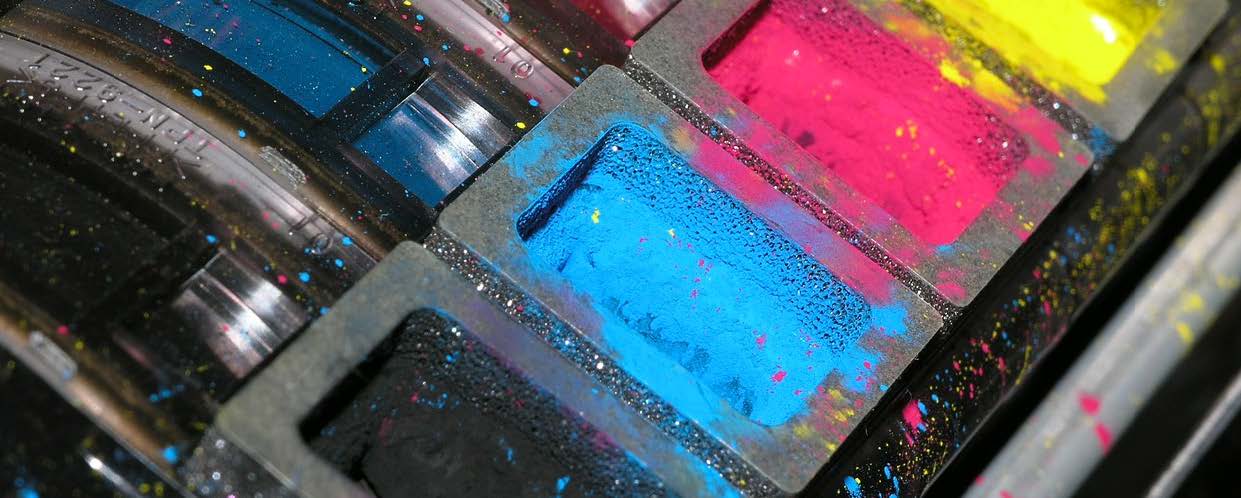
Situation
Toner-based presses were the first generation of digital and on-demand printing. However, the process for the platform is degenerative which means that the components critical to printing a consistent image wear out at different cycles, requiring constant calibration and service. This means that there is significant downtime and higher costs associated. An educational publisher had been using a toner-based platform and was hesitant to switch as they were believed that it was the highest quality option for short runs.
Solution
Bradford & Bigelow recently invested in two high-speed digital inkjet presses. In an independent study found that the Screen High-Definition presses quality matched that of an offset press’s. Armed with quality higher than toner-based printers, Bradford & Bigelow provided the educational publisher samples and pricing to compare the two platforms. The samples were instantly approved as the books were indistinguishable. The prices were much lower as the speed was much higher and had lower overhead costs.
Outcome
With the new inkjet technology in the print industry marketplace, equipment manufacturers have gotten the quality comparable to toner-based as well as offset machines. Bradford & Bigelow’s digital inkjet printing presses run at speeds that are much higher than the first iteration short-run printing with less overhead costs. By simply making the switch from a toner-based platform to a high-speed digital inkjet platform, the educational publisher was able to save 20% on all their curriculum and supplemental book materials.



